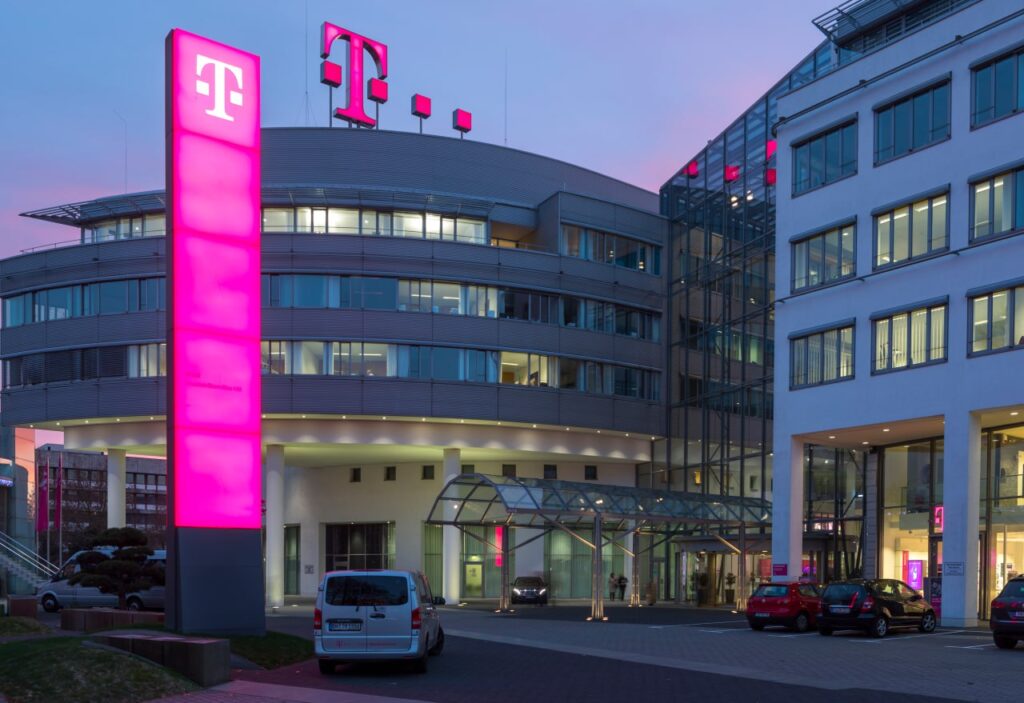
In a significant development within the cryptocurrency mining industry, Deutsche Telekom’s subsidiary, T-Systems, has embarked on an innovative eco-friendly Bitcoin mining project in Germany. The project uses surplus renewable energy to power the mining operation, marking a potential shift towards more sustainable practices in a sector often criticized for its high energy consumption. This move could be a crucial turning point in the pursuit of “green” crypto mining, where environmental concerns meet the growing demand for blockchain technology.
Cryptocurrency mining has long been a controversial topic when it comes to its environmental impact. Bitcoin, the largest and most well-known cryptocurrency, is often scrutinized for the immense amount of energy required to mine new coins. Bitcoin mining uses a consensus algorithm called Proof of Work (PoW), which requires miners to solve complex mathematical problems to validate transactions and secure the network. This process demands enormous computational power and, by extension, a significant amount of electricity.
As Bitcoin’s popularity has grown, so too has the scale of mining operations. These operations are often powered by energy from non-renewable sources like coal and natural gas, which have raised concerns about the carbon footprint of the cryptocurrency industry. In fact, various reports have suggested that Bitcoin mining consumes as much energy as some small countries, leading to calls for more sustainable mining practices.
This environmental impact has led some governments and regulatory bodies to scrutinize the crypto mining industry, with countries like China and some European nations implementing crackdowns or placing heavy restrictions on mining activities. However, in recent years, there has been a growing recognition within the crypto community that sustainability is not only essential for the environment but also for the long-term viability of cryptocurrencies. As a result, there has been a concerted effort to explore more eco-friendly mining solutions.
Deutsche Telekom, one of Europe’s largest telecommunications companies, has decided to address the sustainability concerns surrounding crypto mining head-on through its subsidiary, T-Systems. In a pioneering move, the company has begun testing a Bitcoin mining operation that is powered by surplus renewable energy. The idea is to tap into excess energy generated by renewable sources like wind, solar, and hydroelectric power that would otherwise go unused.
By using renewable energy that is not needed for the grid, T-Systems aims to make the mining process more energy-efficient and environmentally friendly. This approach not only mitigates the environmental concerns associated with mining but also helps stabilize the local energy grid. Surplus renewable energy often gets wasted when production exceeds demand, and utilizing this power for mining allows the grid to function more efficiently. This could play a key role in reducing energy waste while providing a solution to the intermittent nature of renewable energy sources, which are often not consistently available due to weather patterns or other factors.
The project represents a significant shift in the way that crypto mining can be integrated into the broader energy ecosystem. Instead of relying on energy from fossil fuels, the initiative emphasizes the importance of creating a more sustainable and responsible mining industry. The T-Systems initiative is not just about Bitcoin mining for profit; it’s a step toward showing that blockchain technology can be aligned with the growing global emphasis on reducing carbon footprints and tackling climate change.

